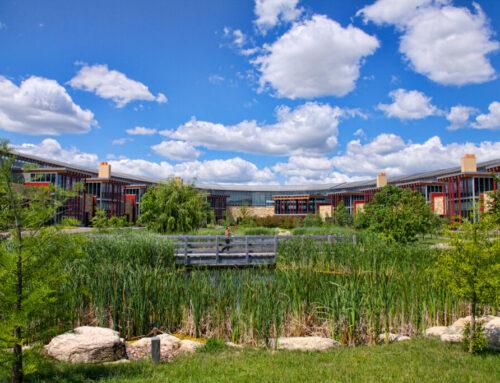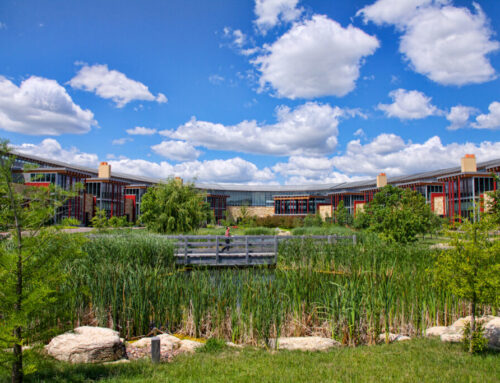Your Voice: Look for the why behind space oil and we need climate change classes (long let
April 5, 2025
Have something to say? Send us a letter using thisform.
Space oil has become increasingly popular in Hong Kong. We often see distressing news of teenagers – and even adults – acting like zombies on the streets, an alarming issue that has caught significant attention.
The government has made moves to ban the use of space oil, emphasising it as a severe offence that can garner hefty fines and lengthy jail sentences.
However, we must ask ourselves: will these measures genuinely make a difference?
Space oil is mostly etomidate, a type of anaesthetic and sedative. It has rapidly become a popular recreational drug in the city, with dealers sometimes mixing it with other illegal narcotics. Many are sourcing the drug through dubious means and using it to “escape from reality”, seeking a temporary feeling of freedom and euphoria.
But what is the reality they are trying to escape?
Hong Kong’s fight against ‘space oil’ as the drug rises in popularity among teens
Teenagers today face far more pressure than those in previous generations. The overwhelming pressure on them can come from various sources, such as demanding schoolwork, the desire to fit in with peers and, often, unrealistic expectations set by their parents.
The fierce competition in academic environments has only increased, leaving students with high levels of stress and debilitating anxiety.
In Hong Kong, many parents invest a substantial amount of money and energy into ensuring their children succeed, paying for tutoring and enrolling them in other academic-related activities.
Unfortunately, this comes with a strict parenting style; when students fail to meet these high expectations, they face harsh criticism or even physical punishment. This negativity can strain or even damage family relationships, making children increasingly susceptible to the use of illegal substances like space oil for temporary peace and relaxation.
To combat the escalating popularity of space oil, the government has proposed policies criminalising its use. However, one must question the real-life effectiveness of these policies.
Two teenagers were arrested in Yau Ma Tei for suspected drug trafficking and possession after police seized narcotics including ketamine and “space oil” vape cartridges. Photo: Handout
If teenagers choose to use space oil in the privacy of their homes, who would ever know? With regulations in place, most teenagers may simply retreat to their rooms or seek secluded spots to consume the substance, avoiding detection. The government’s current policies often fall short when faced with modern teenagers’ resourcefulness.
The use of space oil among teenagers appears unavoidable unless the government can devise and enforce a genuine ban on its production. We are left to wonder whether such an endeavour is even achievable.
In conclusion, addressing the growing popularity of space oil among our city’s youth requires a multifaceted approach. It is essential to tackle the causes of stress and promote open dialogue within families, in addition to imposing strict regulations from authorities. Only then can we hope to steer our teenagers away from this perilous path.
Your Voice: Tackling smoking in Hong Kong (long letters)
More climate change education
Chloe Ng Lok-sze, St Paul’s Secondary School
While I understand that many believe dedicating an entire lesson solely to climate change is a waste of time, I would like to touch on why it is crucial for young people to learn more about the topic.
Many young people are only partially aware of the dangers of climate change. If schools provide lessons on climate change, younger generations will undoubtedly gain an in-depth understanding of how their actions impact the Earth and climate change’s potential horrors.
Additionally, including such lessons ensures that young people are informed about the latest news. My teacher frequently mentioned the same statistic about polar bears, leading us to joke that only a single polar bear in the wild died due to climate change.
But according to satellite measurements from the European Union’s climate service Copernicus, there was less sea ice covering the oceans – in both the Antarctic and Arctic – in February of this year than at any point on record. And as the ice melts, animals, including polar bears, starve and die out.
Face Off: Should schools be required to have a subject dedicated to climate change?
While the news can provide such information, young people rarely read traditional sources, relying instead on social media. One report shows that young people expect news to be entertaining rather than filled with politics and statistics, which they find boring. It also states that they spend more time mindlessly scrolling through social media than browsing news websites.
If schools do not include lessons on climate change, who will educate young people about critical issues if not their teachers?
A polar bear is seen on ice floes in Franz Josef Land, a Russian archipelago in the Arctic Ocean. Photo: AFP
Climate change lessons also provide young people with practical solutions to address environmental challenges. For example, these classes could teach them about the Hong Kong Climate Action Plan, which aims to reduce carbon emissions by 50 per cent – compared to 2005 levels – on or before 2035. This initiative promotes the “5Rs,” one of the strategies for reducing carbon emissions and ultimately mitigating climate change.
Although solutions like conserving electricity and using public transport are familiar to us, we rarely delve into the mechanisms behind them. For instance, opting for buses over private cars can significantly reduce carbon dioxide emissions, as a single full bus – capable of carrying up to 70 passengers – can replace 70 single-passenger vehicles on the road. Without a doubt, this is one of the most effective ways to promote practical solutions to tackle climate change.
In my opinion, as climate change is a threat to humanity, it is crucial for young people to gain a detailed understanding of it, as they are our hope for the future.
Search
RECENT PRESS RELEASES
Related Post




